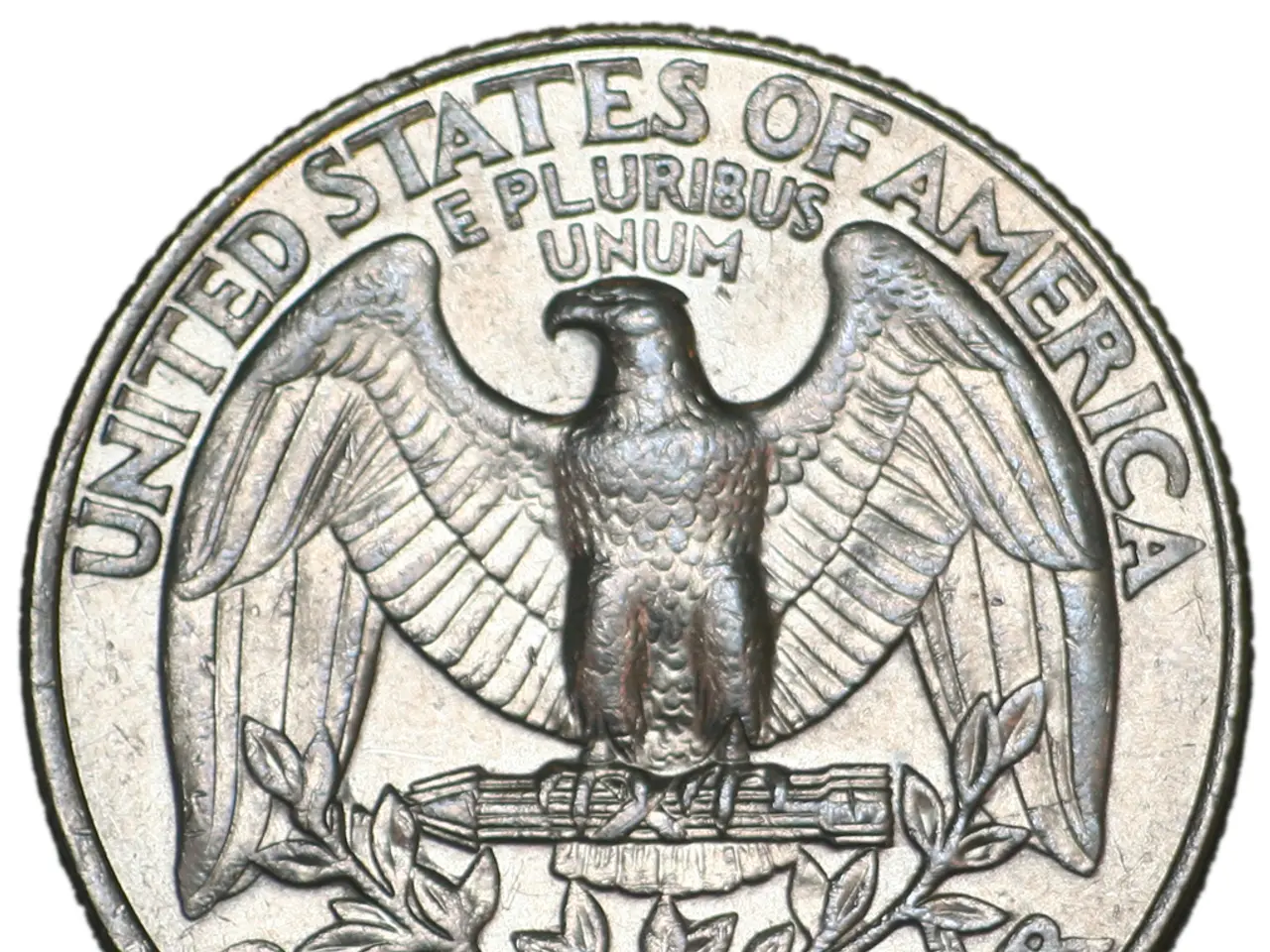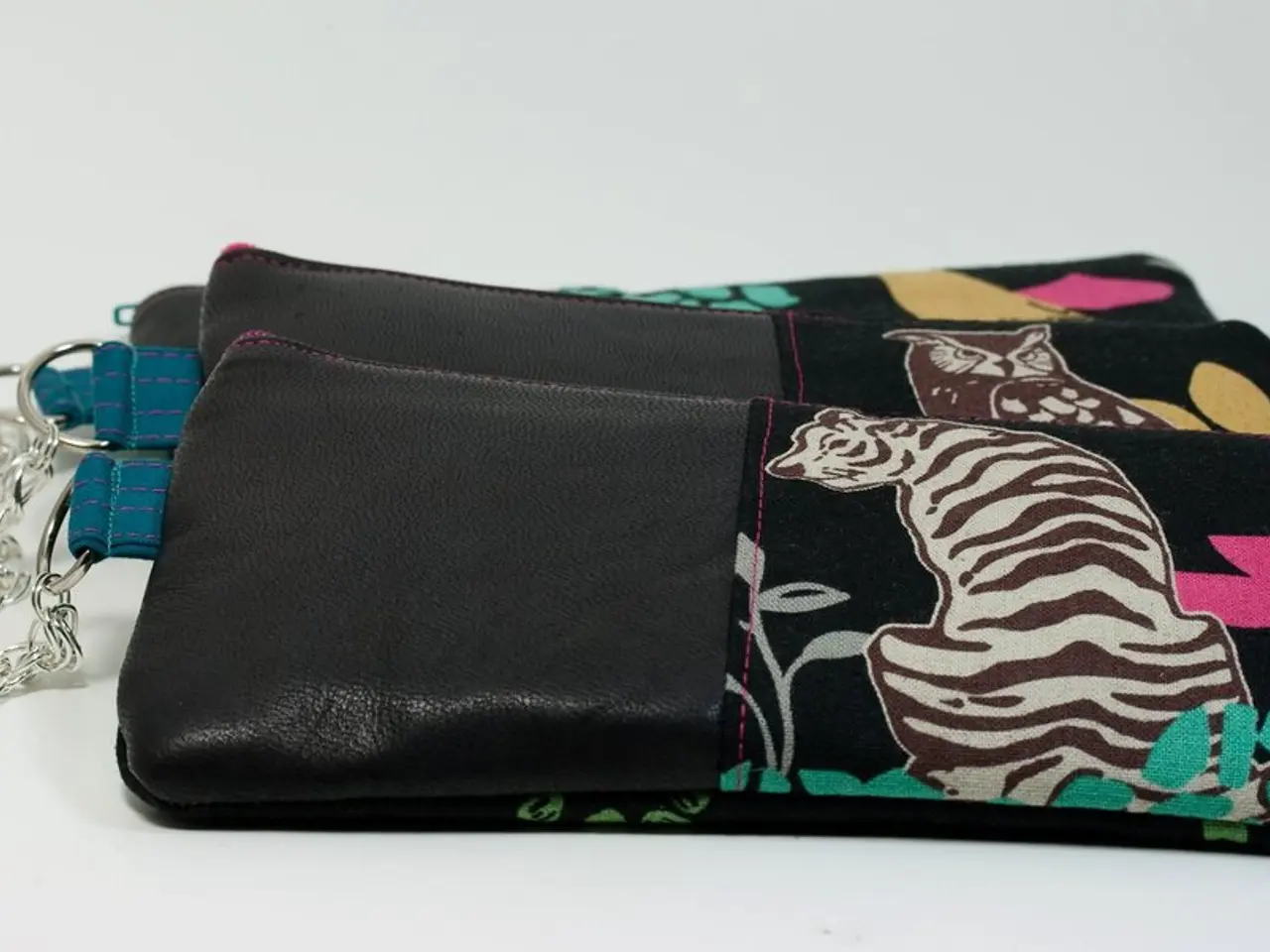Singapore Establishes Global Leadership: Monetary Authority of Singapore outlines due diligence requirements for crypto assets wealth management
In the ever-evolving world of finance, financial institutions (FIs) are grappling with an unprecedented influx of wealth from digital assets. Recognising this trend, the Monetary Authority of Singapore (MAS) has taken a proactive approach, publishing comprehensive best practices on Source of Wealth (SoW) due diligence for digital assets in May 2025.
The MAS framework establishes different levels of due diligence based on wealth risk indicators, providing specific guidance for digital asset gains. This risk-based approach requires FIs to identify material sources of wealth and assess them as potential higher risks, ensuring effective risk mitigation and AML/CFT controls.
Singapore, being a world-premier financial hub, often serves as a blueprint for other major jurisdictions. Given Singapore's influence on global financial regulation, institutions should anticipate similar requirements emerging in other major financial centres.
The MAS guidance introduces several approaches to digital asset due diligence, including granular asset classification, digital asset verification requirements, and a risk-based tiered approach. FIs are encouraged to conduct a comprehensive gap analysis of their current SoW procedures against the MAS framework to ensure compliance.
Building internal competency requires more than basic cryptocurrency awareness training. Staff need to understand the technical aspects of different blockchain networks to effectively implement the MAS's best practices.
The MAS guidance provides detailed best practices for verifying wealth from cryptocurrency investments. Policies should specify acceptable forms of documentation, define thresholds for increased scrutiny, establish procedures for witnessing wallet access, and outline escalation paths for complex cases.
Beyond basic screening, institutions need tools that can analyse complex transaction patterns across multiple blockchains, provide risk scores for counterparties, and generate audit trails for regulatory reporting. The implementation of blockchain analytics tools should enable institutions to trace on-chain transactions, identify connections to illicit activities, and verify wallet ownership.
As traditional separation between crypto and fiat assets dissolves, with high net worth individuals increasingly holding both asset types, FIs must develop comprehensive procedures that address the full spectrum of crypto wealth scenarios.
The MAS's actions indicate a focus on tightening regulatory oversight and ensuring compliance with anti-money laundering and countering the financing of terrorism regulations in the digital asset sector. While specific best practices for SoW due diligence in digital assets would require detailed guidance from the MAS, the general principles applicable to FIs can provide a solid foundation for navigating this complex landscape.
In conclusion, the MAS's comprehensive best practices on SoW due diligence for digital assets offer valuable insights for global financial institutions. To fully align with these best practices, FIs should invest in technology, such as blockchain analytics tools, and incorporate these general principles into their own risk management frameworks, ensuring they are compliant with all relevant MAS regulations.
- The MAS's comprehensive best practices for Source of Wealth (SoW) due diligence in digital assets suggest that financial institutions (FIs) should invest in technology, such as blockchain analytics tools, to effectively analyze complex transaction patterns, provide risk scores for counterparties, and generate audit trails for regulatory reporting.
- In addition to basic cryptocurrency awareness training, building internal competency requires staff to understand the technical aspects of different blockchain networks, enabling them to effectively implement the MAS's best practices.
- Singapore's MAS guidance on digital asset due diligence introduces a risk-based approach that requires FIs to conduct a comprehensive gap analysis of their current SoW procedures against the MAS framework to ensure compliance.
- The MAS's framework for digital asset due diligence includes granular asset classification, digital asset verification requirements, and a risk-based tiered approach, suggesting that the MAS is focused on tightening regulatory oversight and ensuring compliance with anti-money laundering and countering the financing of terrorism regulations in the digital asset sector.




